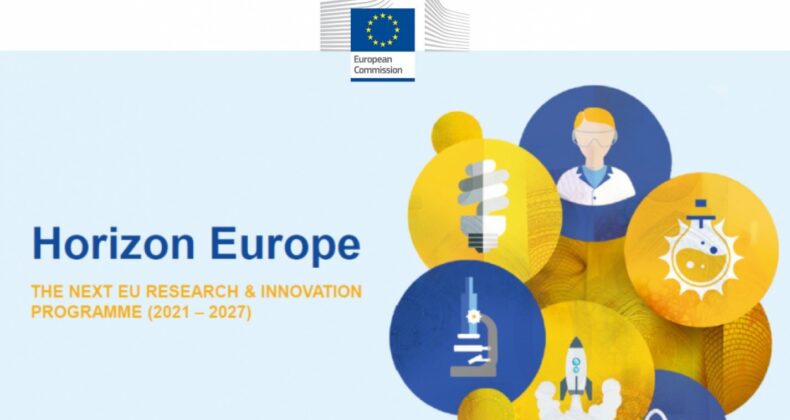Horizon Europe is the new EU research and innovation framework programme.
The first drafts of the Horizon Europe programme are available.
STUDIOGIULIANO, as in the previous programme Horizon 2020, will act in giving support to Universities, companies, public bodies, NGOs. The purpose is to promote international partnerships and to give assistance and technical support to the project management, from preparation to submission of projects.
This newsletter is the first of a series of articles. The different work programmes and opportunities in the fields where our company has acquired more skills and experiences such as food, soil, agriculture, environment, circular economy, will be illustrated.
Horizon Europe Programme: mission
The EU has almost completed the definition of the Horizon Europe programme. The programme has few months late due to the pandemic that has changed agendas and priorities.
Horizon Europe the new EU programme foresees a budget of 95.5 billion euros for research and innovation.
Funding is aimed to research actions, innovation systems, green and digital transition, competitiveness.
The new program has been improved in many ways. The new approach will be based on missions.
The goal is to increase the number of participants, with an inclusive programme that also involves citizens.
The calls support the challenges highlighted by the Sustainable Development Goals and contained in the 2030 Agenda [1].
Furthermore, Horizon Europe aims to improve relationships and facilitates the implementation of funded projects.
Similarly, industrial competitiveness is among the priorities and the aim is to improve employment rates.
Horizon Europe Programme it is divided into three pillars:
- Pillar I – Excellent Science
- Pillar II – Global Challenges and European Industrial Competitiveness
- Pillar III – Innovative Europe
There are five macro themes financed.
- Climate changes
Managing climate change by promoting the adoption of practices for a better future. The goal is to improve resilience and preparing society for the transformations that are taking place.
- Cancer
Improve knowledge of the disease. Preventing and improving the quality of life of people with cancer.
- Smart Cities
By 2030, the goal is to transform 100 European cities, making them sustainable and improving the quality of life.
- Well-being of the oceans, seas, and lakes
Restore ecosystems in seas, lakes, and rivers. Make economic activities sustainable.
- Soil health
By 2030, EU’s aims to make at least 75% of soils healthy and suitable for food.
The new program finances projects proposed by European partnerships consisting of public bodies and/or the private sector supporting the development and implementation of research and innovation activities.
Partnerships should propose projects aimed at solving the complex challenges outlined in Horizon Europe.
Horizon Europe’s first strategic plan 2021-2024
On March 15, 2021, the European Commission adopted the first strategic plan for Horizon Europe [2].
The program defines four strategic orientations for the next four years:
- Development of key technologies, digital, enabling, and emerging value chains.
- Restore ecosystems and biodiversity in Europe and manage natural resources in a sustainable way.
- Circular, sustainable, and digital economy.
- More inclusive, resilient, and democratic society.
The draft of the general annexes [3] is available. These General Annexes describes the conditions for any to calls and topics and others funding opportunities.
The general Annexes contains:
- conditions of eligibility
- evaluation criteria
- documents
- maximum number of pages that each proposal must contain.
The applications can only be submitted electronically, using the forms provided by the system.
The eligible activities are:
- Research and innovation (RIA)
- Innovation (AI)
- Coordination and support (CSA)
- Co-financing (Cofound)
- Market dissemination actions (IMDA)
- Training and Mobility (TMA)
- Pre-commercial procurement (PCP)
Sometimes the proposal must already be at a certain level of technological development. The parameter used is the TRL scale.
The calls divided by themes will be presented in the Work Programme. Final Work Programme (WPs) will be published by April 2021.
Work Programme will define funding opportunities for research and innovation activities.
In the next articles studiogiuliano will illustrate the calls that we are working on.
For more information, we recommend using the telephone number or the contact (https://www.studiogiuliano.it/contacts/?lang=en) section on the website.

